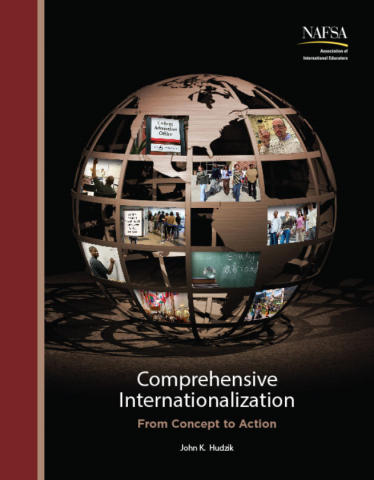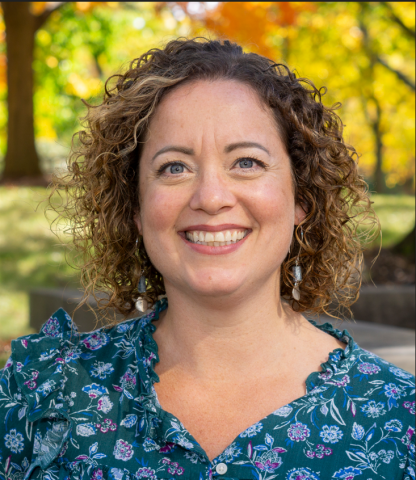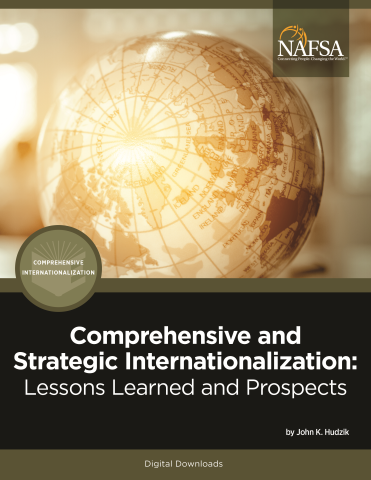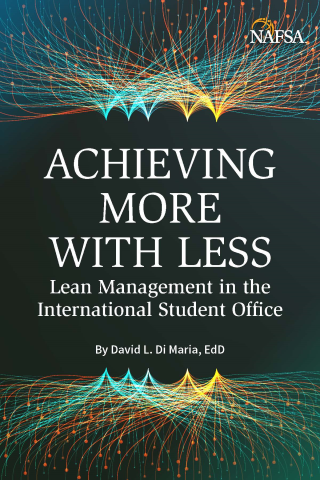
Leadership


NAFSA e-Institute: Cultivate Your Internationalization Leadership Strategy
Prepare to reimagine your leadership profile to skillfully navigate challenges, manage disruptions, and envision sustainable internationalization initiatives with the NAFSA Executive Internationalization Leadership e-Institute (e-Institute). Applications to become a member of the 2023–24 cohort are
Read More
IE Competencies 2.0: Leadership, Inclusion & Equity, and People Development
In the first session of the IE Competencies 2.0 series, panelists highlighted the competencies of Leadership, Inclusion & Equity, and People Development. Attendees learned from their peers and discussed with their colleagues topics including developing strategies to reach personal/team goals and
Read More
Image
Carmen Pitz
As the Assistant Director for Study Abroad Advising in International Academic Programs (IAP) at the University of Wisconsin-Madison, Carmen serves as the study abroad advisor for a small portfolio of faculty led programs including the Global Gateway Initiative, and the Summer and Global Launch
Read More
Interdepartmental and Institutional Staff Exchanges in International Education
Resource Contributor: Elle Butler, MS, Head of Marketing, North America, IDP Connect and 2022-23 NAFSA IEM KC Regional Liaison Outreach Coordinator As institutional budgets tighten and pressure for enrollment growth and diversification increases, professionals in international education must take
Read More
2023 Symposium on Leadership
Decolonization, Indigenization, and International Education Tuesday, May 30, 2023 2:00 - 4:00 p.m. EDT Salon C in the Washington Convention Center NAFSA welcomes you to join us at the 2023 Symposium on Leadership on May 30 in Washington, D.C., a special signature program included with registration
Read More
Image

Autumn Beechler Stebing
Autumn Beechler Stebing oversees all elements of education abroad at Case Western Reserve University and works strategically with Center for International Affairs leadership to further internationalization and global citizenship on campus. Beechler Stebing has been an active member of NAFSA for the
Read More


